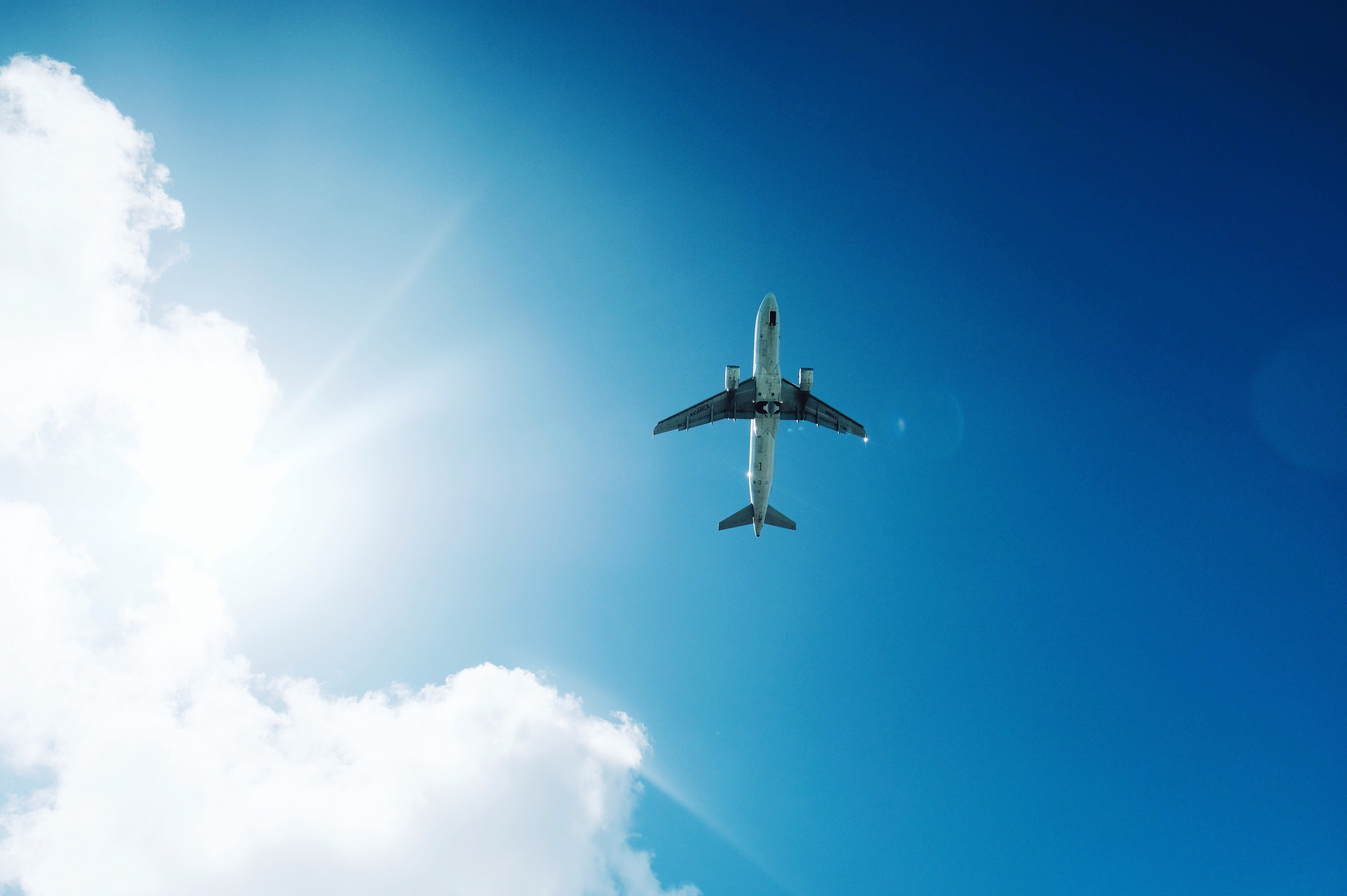Transportation Incident
Hazard Description

An aircraft crash may occur for many reasons, including mechanical failure, poor weather conditions, or criminal activity. Aircraft of varying sizes are subject to this hazard, from small single‐engine aircraft and gliders to helicopters and commercial jets. The damage resulting from an aircraft crash is dependent on the location of the accident (densely versus sparsely populated) and the potential for the release of hazardous materials.
Impact
Aircraft crashes, particularly crashes involving small aircraft, may happen farther away from the runway in the vicinity of flight tracks. Buildings and aboveground infrastructure may be damaged or destroyed as a result of an aircraft crash. Crashes are likely to cause injury or death to the pilot and passengers on a plane and can result in injuries and deaths on the ground.
Mitigation
Public airports that have accepted federal assistance, including the Reno‐Tahoe International Airport, are required to designate runway protection zones (RPZs) at each end of their runways to protect people and property on the ground in the event that an aircraft lands or crashes beyond the runway end.
Sign-up for Alerts
Citizens can register for emergency alerts. To sign up, click on the “Alerts & Warnings” link on the menu and follow the instructions.
To learn more about transportation incidents, view the Washoe County Hazard Mitigation Plan here.
